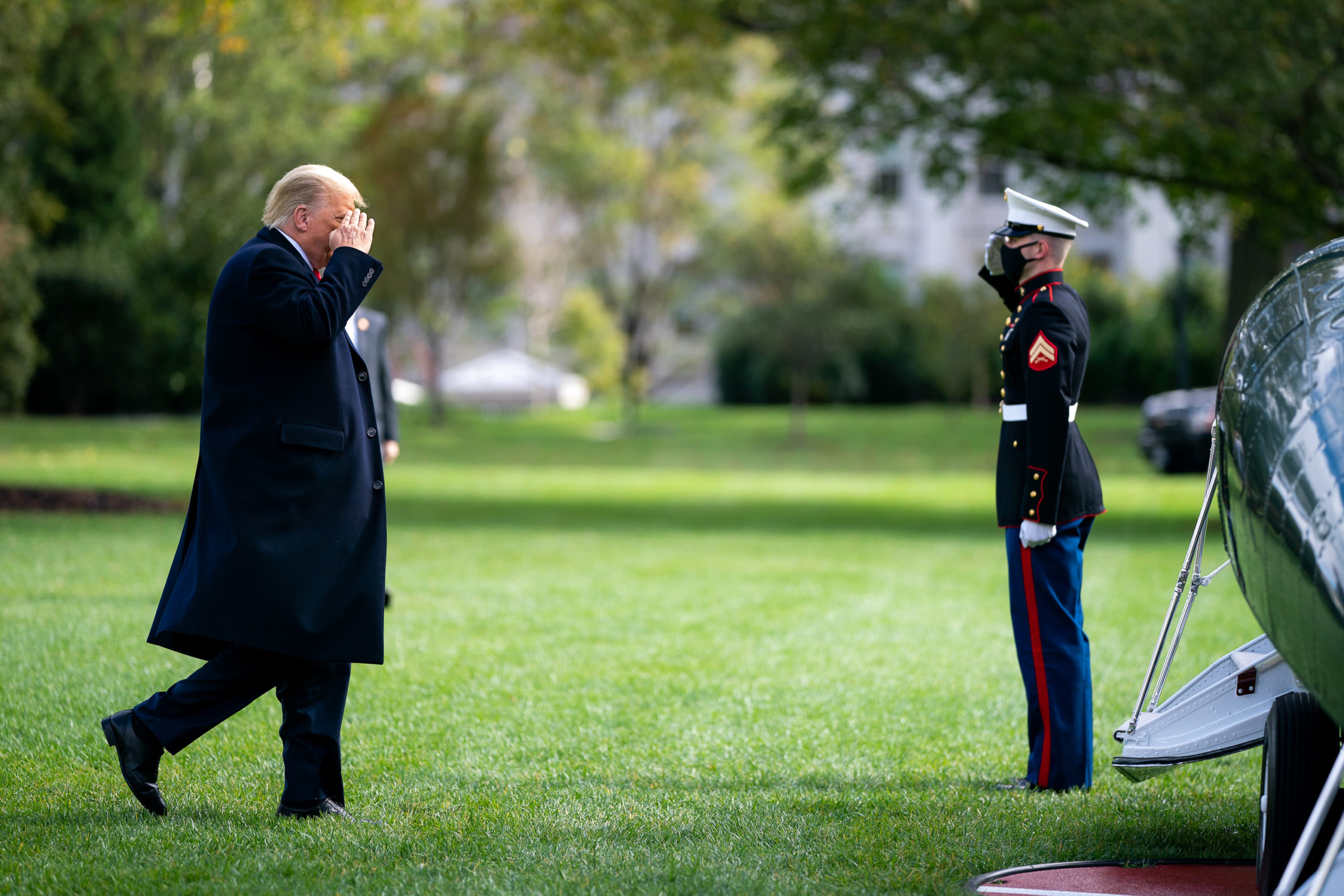Presidents were never meant to have unilateral war powers
When Donald Trump became U.S. president in 2017, he promised an “America first” foreign policy of retrenchment. Starting with a flurry of executive orders, he set about undoing the foreign policy decisions of the Obama administration and undermining 70 years of cooperation with NATO allies. Who was there to stop him? Republicans controlled both houses of Congress during the first two years of the Trump presidency; the courts rarely step in when the other branches fight over control; and the American people tend to punish presidents only when they incur major losses in war.
Trump’s agenda strayed from the norm, but his use of executive power did not. Presidents have dominated U.S. foreign policy decision-making since well before Trump. In fact, structural changes began to warp the separation of powers, allowing presidents tremendous leeway, more than 75 years ago. At first, those changes were difficult to enact: all three branches had to deny Congress the coequal status that the Constitution clearly confers on it. Congress made many efforts to guard the power it enjoyed during the first 150 years of the republic, but the altered relationship eventually became routine. By the twenty-first century, the branches had firmly established a new relationship: executives prosecute wars unilaterally, Congress provides little more than a fig-leaf of authorization (if any at all), and the courts rarely interfere. An accountable presidency attuned to the interests of the American people requires a legislature capable of restricting executive independence—and voters who insist on it.
Abandoning constraint
President George Washington never engaged in a military operation without prior congressional approval. In 1793, he proclaimed U.S. neutrality in the French Revolutionary Wars and ran up against principled resistance: James Madison argued that by declaring a state of peace, Washington had encroached on Congress’s power to declare war. The modern reader might wonder how, then, U.S. presidents since Harry Truman have managed to initiate full-scale wars with limited, if any, input from Congress.
The norm did not change right away or all at once. During his own presidency, Madison refrained from preparing for the War of 1812 until Congress had passed a declaration of war. James Polk appealed to Congress for funds and troops in order to prosecute the Mexican-American War. Congress was so powerful in 1898 that it all but forced William McKinley to start the Spanish-American War. Woodrow Wilson and Franklin Roosevelt each tried to get the United States into World War I and World War II respectively, but in both cases, Congress refused. It reconsidered its position only in response to the shocks of the sinking of the Lusitania and the attack on Pearl Harbor.
Read the full article in Foreign Affairs.
